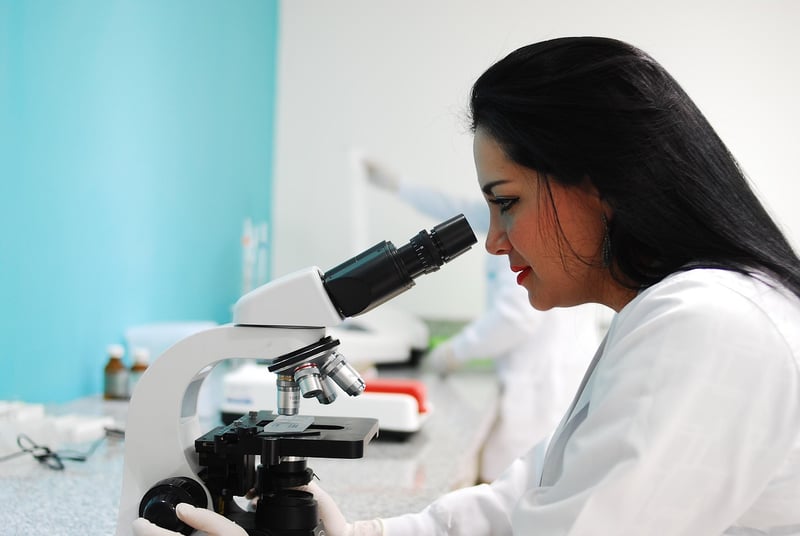Scientific Theories
The Fascinating World of Inventions and Theories
Introduction to Inventions
Inventions have shaped the course of human history, revolutionizing the way we live, work, and interact with the world around us. From the wheel to the internet, each invention represents a leap forward in human ingenuity and creativity.
Exploring Scientific Theories
Scientific theories are the backbone of our understanding of the natural world. They are well-substantiated explanations of some aspect of the natural world that is acquired through the scientific method and repeatedly tested and confirmed through observation and experimentation.
Key Inventions That Changed the World
- The Printing Press: Invented by Johannes Gutenberg in the 15th century, the printing press revolutionized the spread of information and knowledge.
- Electricity: The discovery and harnessing of electricity by scientists like Benjamin Franklin and Thomas Edison paved the way for modern technology and conveniences.
- Penicillin: Discovered by Alexander Fleming in 1928, penicillin revolutionized the field of medicine with its antibiotic properties.
Notable Scientific Theories
- Theory of Evolution: Proposed by Charles Darwin, the theory of evolution by natural selection explains how species change over time through the process of adaptation.
- Theory of Relativity: Formulated by Albert Einstein, the theory of relativity revolutionized our understanding of space, time, and gravity.
- Big Bang Theory: The prevailing cosmological theory that explains the origin and evolution of the universe from its earliest known periods.
Conclusion
Both inventions and scientific theories play a crucial role in advancing human knowledge and improving our quality of life. Whether it's a groundbreaking invention that changes how we live or a scientific theory that reshapes our understanding of the world, these innovations continue to inspire and drive progress in society.


